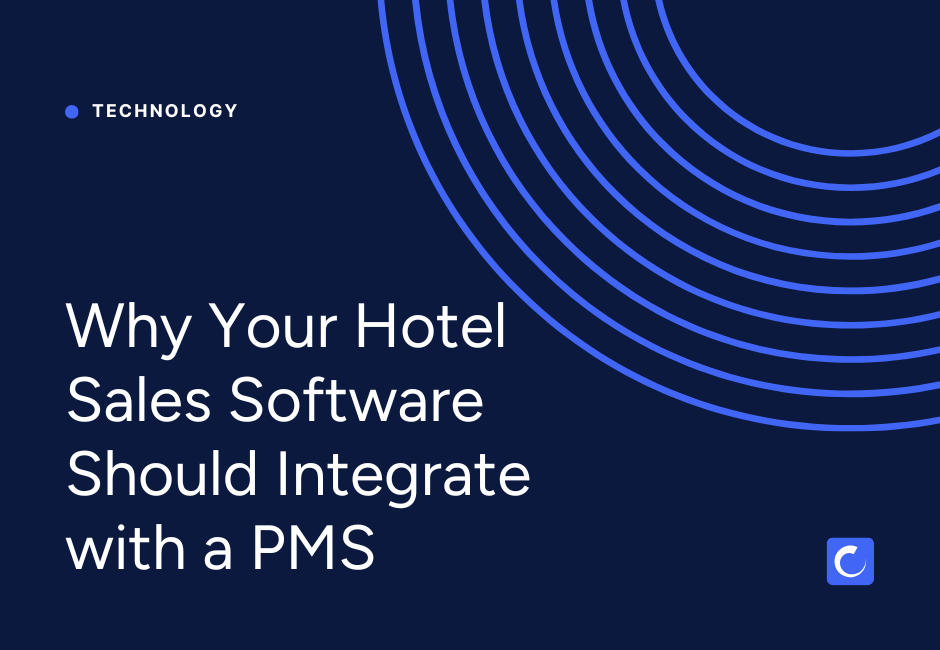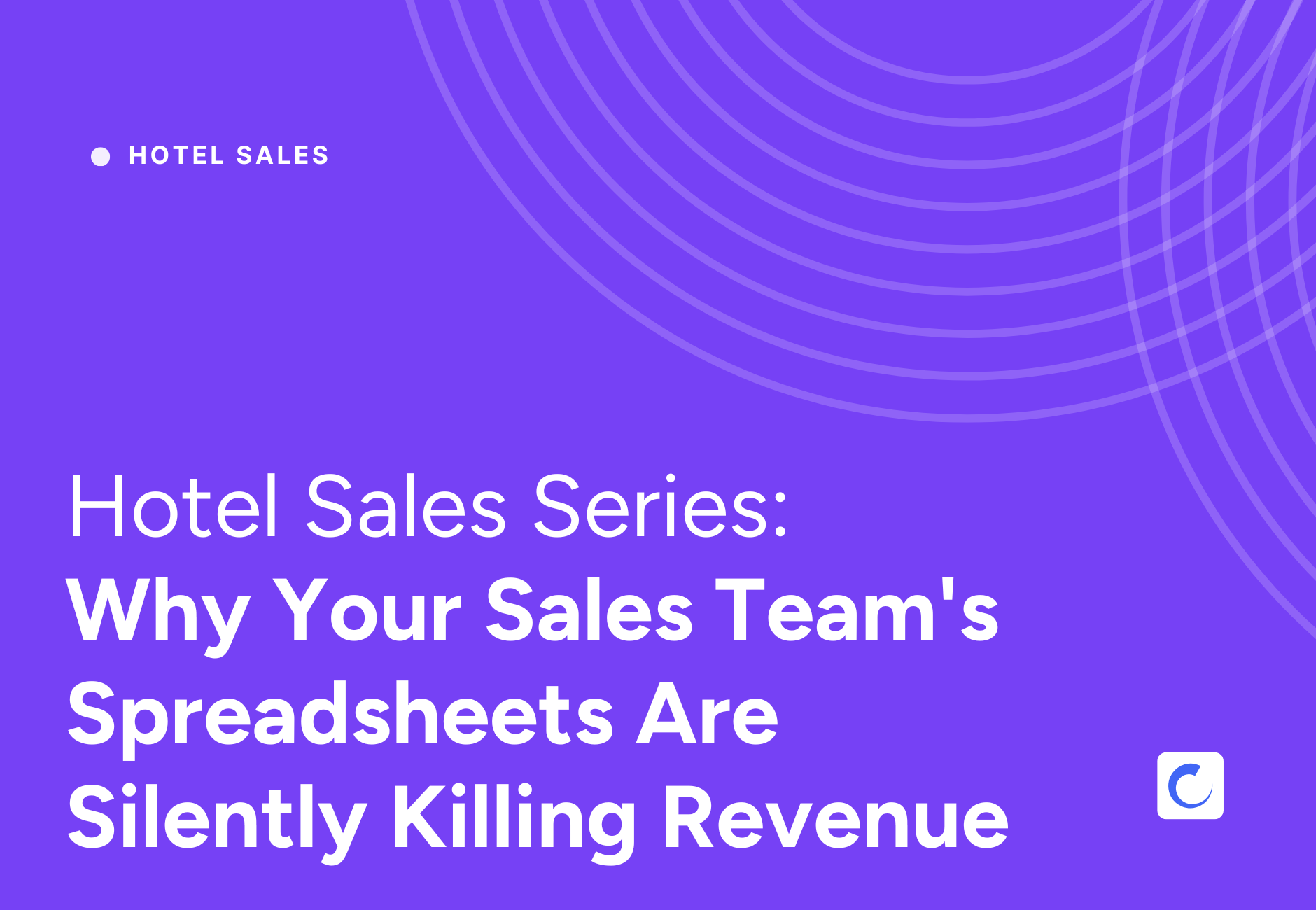.jpeg)
Event planning can be a whirlwind of ideas, expectations, and logistics. Whether you're planning a wedding, corporate event, or festival, one thing is certain: a well-crafted event proposal is essential to ensure everyone is on the same page. A strong event proposal acts as a roadmap, setting clear expectations for both clients and venues, and ultimately determining whether your event will be a success.
We at Event Temple want to provide you with the best resources that help you get smarter and efficient in your daily job. In this guide, we’ll walk through what makes a top-tier event proposal template, why event proposals are crucial for venue management, and practical tips on how to write one. We’ll also share insights on how the best venue management software can simplify the process.
Important Characteristics of the Best Event Proposal
So, what exactly makes an event proposal stand out from the rest? It’s not just about looking pretty (although a clean, professional design helps). It’s about offering the client and venue clear, actionable information that covers all aspects of the event.
Clear Overview of the Event
Your event proposal should start with a snapshot of the event itself.
- What kind of event are you planning? A charity gala? A product launch?
- Who is the target audience? Try to categorize it within the SMERF ecosystem and get granular with the details
Give your client a clear idea of what they can expect from the event by outlining these basics upfront.
Budget and Cost Estimation
Transparency in costs is key to building trust. Break down the estimated costs of the event, including the venue, catering, equipment, entertainment, staffing, and other essential elements. A clear, itemized budget ensures there are no surprises later on, and it helps both clients and venue managers see exactly where funds are being allocated. Check out this guide for pricing your event spaces.
Logistics and Timeline
Next, outline the logistical details. When is the event happening? What’s the timeline? Include important milestones, such as setup times, event start and end times, and any necessary breakdown periods after the event. This ensures smooth coordination between the event planner and the venue staff.
Venue Requirements
Every event has specific venue needs. Does the event require specific AV equipment? Are there catering requirements? How many guests are expected, and what layout is ideal for the venue? Detailing these needs ensures that the venue is fully prepared to accommodate the event.
How Event Proposals are the Backbone for Venue Management
Event proposals do more than just present the event’s goals and logistics—they are also integral to the relationship between clients and venues.
Venue-Client Communication
A well-constructed event proposal acts as a communication tool between the venue and the client. It lays out the client’s expectations and helps venue managers understand exactly what’s needed to bring the event to life. This level of transparency fosters smoother collaboration and ensures fewer misunderstandings.
Ensuring Clear Expectations
Proposals aren't just documents; they are contracts of sorts. They set clear expectations regarding what the client wants and what the venue will provide. This clarity helps avoid any issues on the day of the event, ensuring that everything is aligned with the initial agreement.
Integration with Venue Management Software
Here’s where venue management software becomes a game-changer. Platforms like Event Temple and others allow venue managers to streamline event proposals, manage bookings, and ensure all logistical needs are tracked in one place. When event proposals are integrated into venue management software, they become easier to track and update, providing both sides with real-time updates.
How to Write a Proposal for an Event
Writing an event proposal can feel overwhelming, but it doesn't have to be. Here’s a simple step-by-step guide to ensure your proposal covers all the bases:
Event Overview
Start with a brief description of the event. What type of event are you organizing? Include details such as the date, location, and the event’s purpose. This sets the stage for the rest of the proposal.
Purpose and Goals
What is the objective of the event? Are you raising funds for charity? Hosting a corporate retreat? Clearly stating the event’s goals helps the client and venue align their efforts with the overall vision.
Event Schedule and Timeline
A detailed timeline is essential for event planning. Include milestones such as setup times, key event moments (like speeches or performances), and breakdown periods. This section should also note any crucial deadlines leading up to the event day.
Budget Breakdown
Be transparent with your costs. Break down expenses for each aspect of the event, from venue rental to catering, entertainment, and décor. Providing a clear budget overview helps build trust and prevents any nasty surprises later on.
Venue Details
Detail how the chosen venue will accommodate the event. Is there enough space for guests? What is the seating layout? Will any special accommodations be needed? Ensuring that the venue fits the event’s requirements is crucial to its success. This is important as at times you would have to pitch the venue not only to the guests but also to event planners for your hotel.
Event Proposal Example
Sometimes, seeing an example can make all the difference. Here’s a simplified version of an event proposal to give you an idea of how to structure your own:
Event Overview:
- Event Name: Annual Charity Gala
- Date: March 15, 2024
- Location: [Venue Name]
- Audience: 300 guests
Purpose and Goals:
- Raise $50,000 for local education programs.
Event Schedule:
- 5:00 PM: Setup begins
- 7:00 PM: Guest arrival and welcome drinks
- 8:00 PM: Dinner service begins
- 10:00 PM: Auction and speeches
Budget Breakdown:
- Venue rental: $10,000
- Catering: $15,000
- AV Equipment: $3,000
- Entertainment: $2,500
Venue Details:
- Layout: Banquet seating for 300
- AV: Projectors, microphones, and speakers required
This is a simple version of an event proposal but in order to take things to the next level, try a venue management software and its capabilities of creating all the documents you need in half the time. Use technology to your advantage.
Alternatively, dive into the world of BEO’s. You can download the FREE BEO TEMPLATE here. Trust us on this one, as it happens to be the most downloaded template ever created on Banquet Event Orders.
6 Tips and Best Practices for Writing Your Event Proposal
Want to take your event proposals to the next level? Follow these six tips:
Keep It Concise but Detailed
It may seem contradictory, but an event proposal should be comprehensive without being overwhelming. Provide the necessary details without going overboard. Use bullet points and short paragraphs to keep things digestible.
Tailor It to the Client’s Needs
Every event is different, and so is every client. Personalize your proposals to fit each client’s unique needs and preferences. This level of attention can make your proposal stand out.
Be Transparent About Costs
No one likes surprises, especially when it comes to budgets. Clearly outline all expected costs to ensure transparency and trust with your client.
Include Visuals
Pictures speak louder than words. If possible, include diagrams or floor plans to help the client visualize the event setup. This can be especially helpful when explaining venue layouts.
Use Venue Management Software
Make your life easier by using venue management software to streamline the proposal process. Many platforms offer templates and tools that can speed up your work and reduce the likelihood of errors.
Follow Up
Once you’ve sent the proposal, don’t forget to follow up. A quick check-in shows that you’re invested in the event and ready to answer any questions the client might have.
Best Venue Management Software for Creating Event Proposals
Venue management software is more than just a tool to keep track of bookings. It’s a game-changer when it comes to creating event proposals efficiently. Here is the top option:
Event Temple
Event Temple allows venues to manage multiple event proposals at once, customize templates, and track real-time changes. Its integration with scheduling and event management tools makes it a top choice for venues looking to streamline operations.
Conclusion: Streamline Your Event Proposals for Success
An event proposal isn’t just a document—it’s the foundation for a successful event. By creating a detailed, transparent, and well-structured proposal, you’re not only setting clear expectations but also ensuring smoother collaboration with venues. Whether you’re using venue management software or working manually, following the best practices laid out in this guide will help you craft proposals that clients can’t resist.



